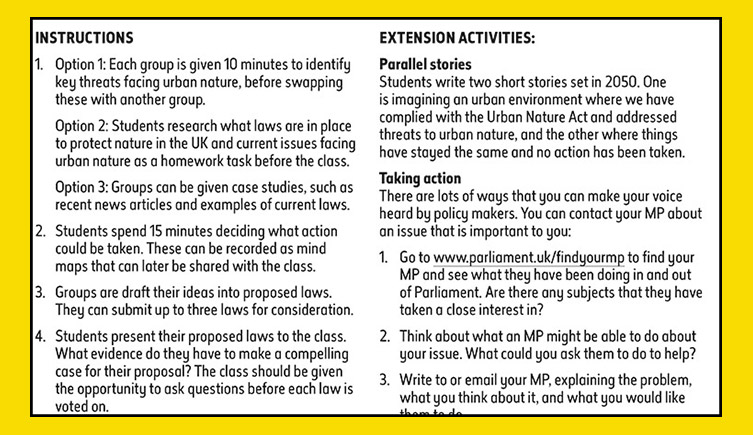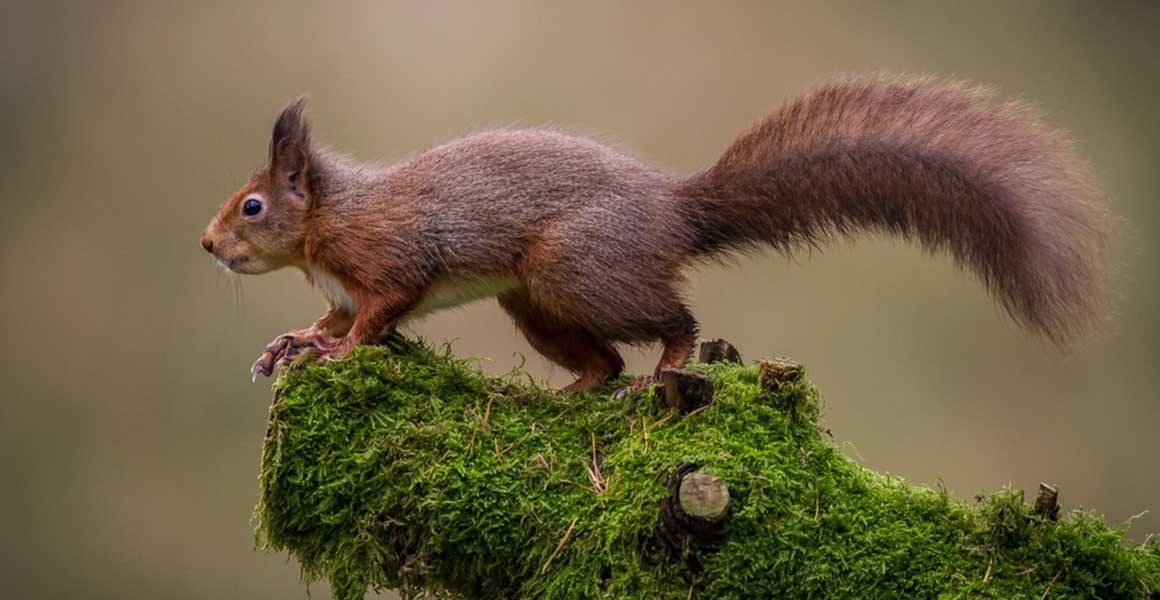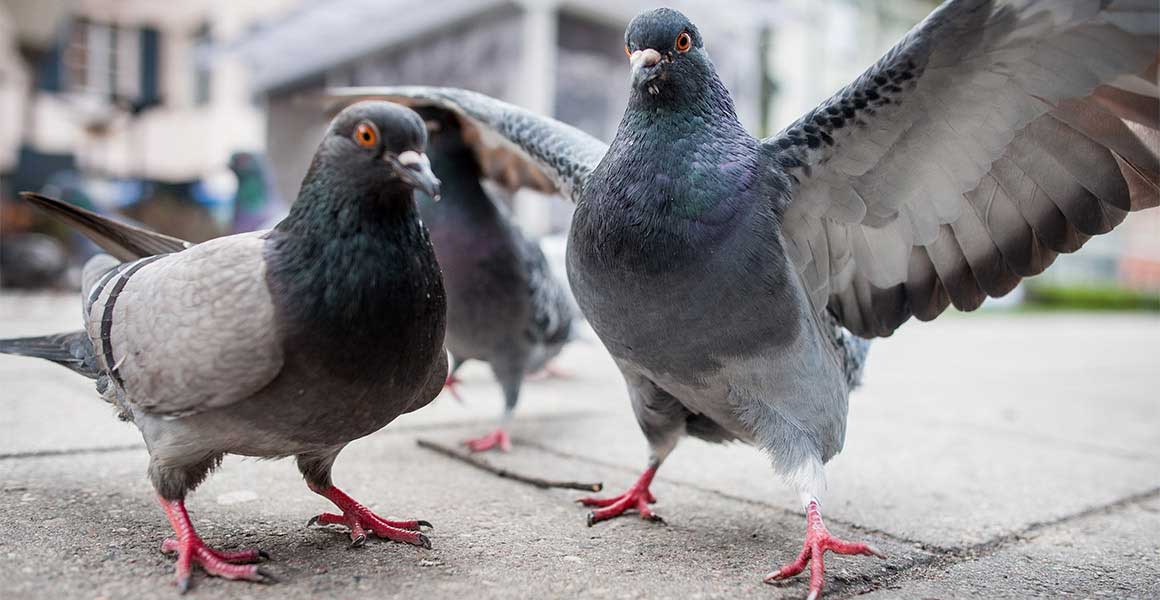Topical Science
Having selected scientific themes of topical interest, I can critically analyse the issues, and use relevant information to develop an informed argument. SCN 4-20b
- Selects and analyses scientific content of topical interest from a range of sources, including the media.
- Identifies examples of bias in sources and justifies decisions in separating fact from opinion.
- Critically analyses a scientific issue and gives consideration to the ethical, moral, environmental, social or political implications of the scientific theme selected to develop an informed argument.
Social Studies
People, place and environment
I can identify the possible consequences of an environmental issue and make informed suggestions about ways to manage the impact. SOC 3-08a
- Provides a simple explanation of at least three consequences of an environmental issue, and for each suggest how they could be managed.
People in society, economy and business
I can use my knowledge of current social, political or economic issues to interpret evidence and present an informed view. SOC 3-15a
- Reviews basic sources of evidence such as newspapers or surveys used in arguments about current affairs to form a valid opinion.
- Presents using appropriate methods an informed view of a current affairs issue.
I understand the arrangements for political decision making at different levels and the factors which shape these arrangements. SOC 3-18a
- Describes the role of elected representatives and/or groups which influence the political decision-making process at local, national or international level.
Third Level Scientific Skills
Inquiry and Investigative Skills:
Presents scientific findings:
- Provides supporting evidence and quotes and acknowledges sources with limited assistance
Scientific Analytical Thinking Skills:
- Applies scientific analytical thinking skills, with increasing independence, working with less familiar and more complex contexts.
- Applies understanding of an increasing range of science concepts to solve problems and provide solutions.
Skills and Attributes of Scientifically Literate Citizens:
- Demonstrates understanding of the impact of science on society and debates and discusses the moral and ethical implications of some scientific developments, demonstrating respect for the views of others.
- Expresses informed views about topical scientific issues, including those featured in the media, based on evidence and demonstrating understanding of underlying scientific concepts.





